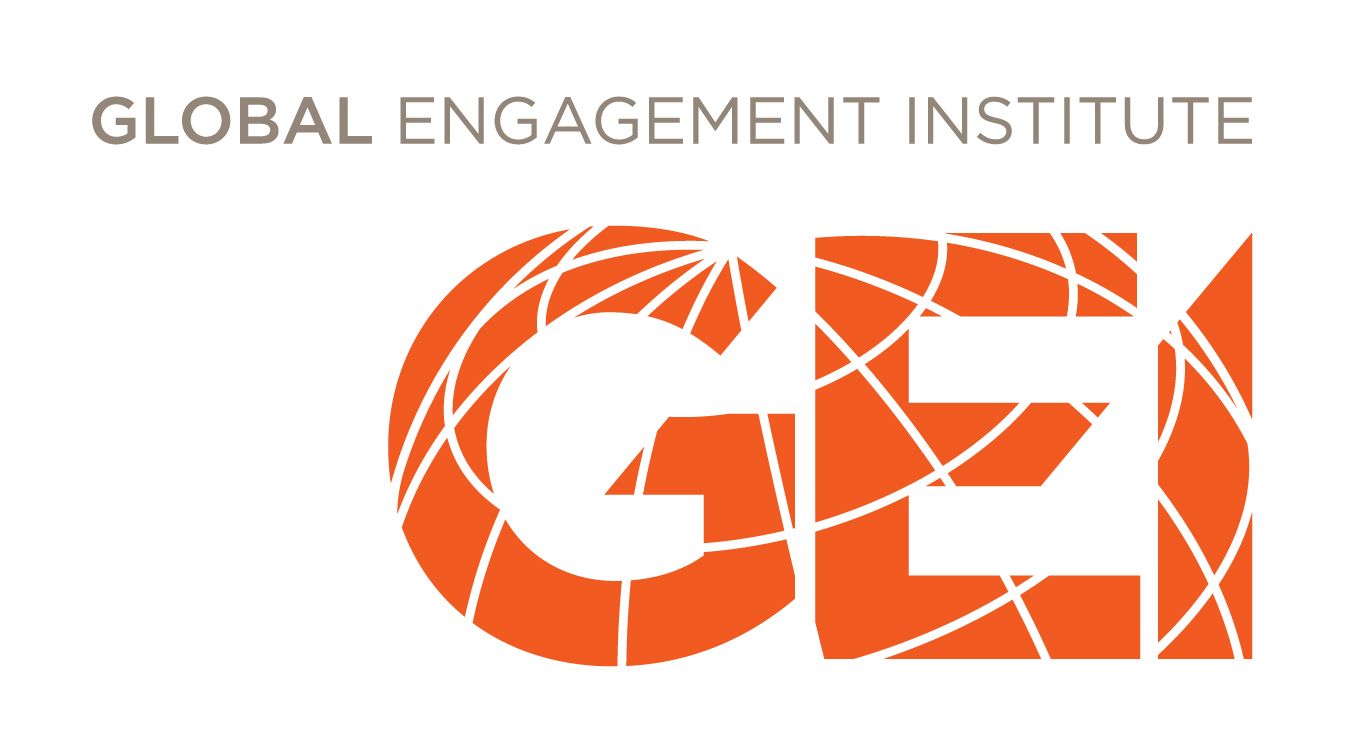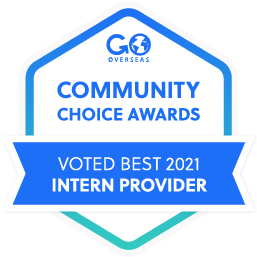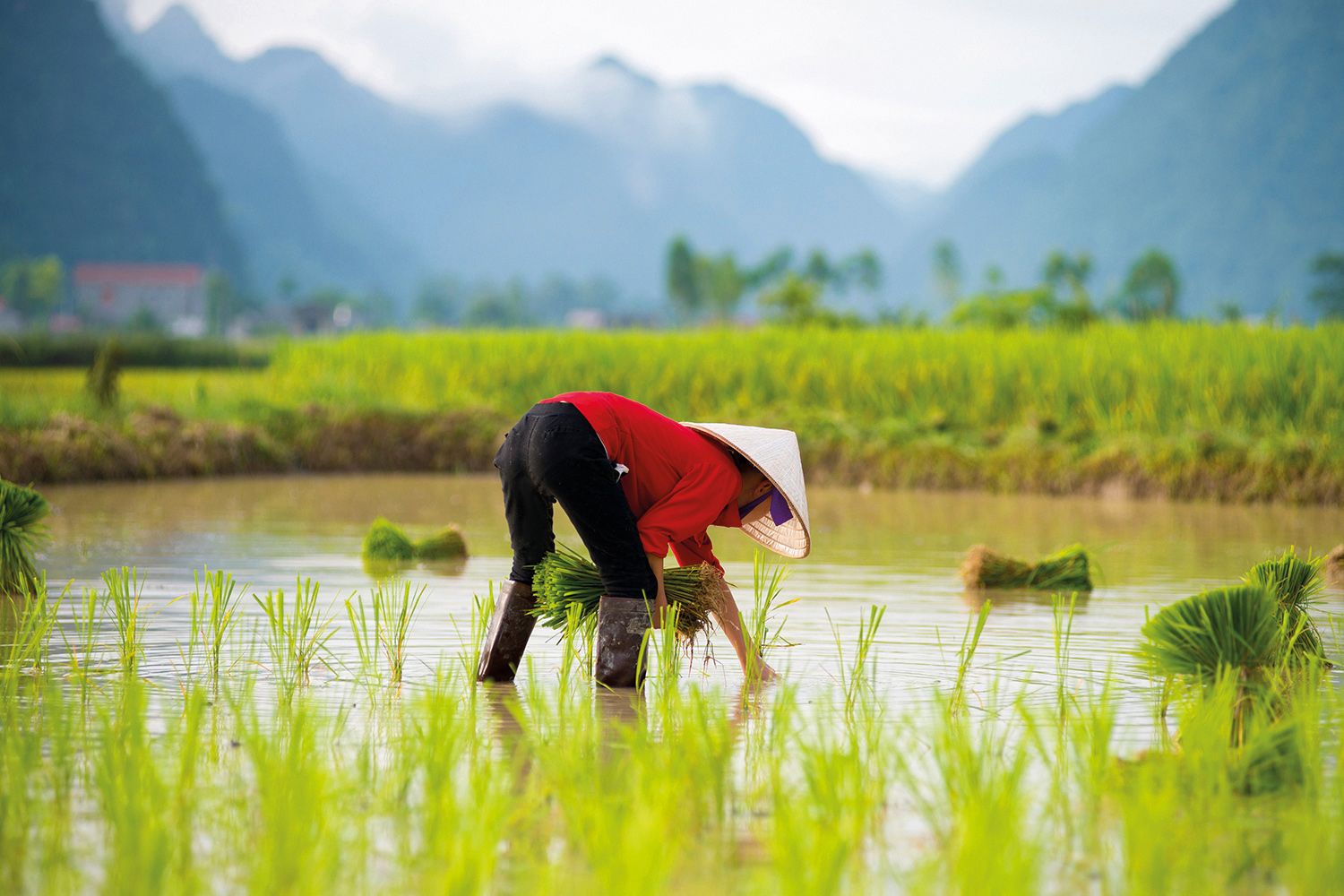ENTREPRENEURSHIP & SOCIAL INNOVATION (SOUTH AFRICA)
A 4-credit Global Field Engagement Course in South Africa
AT A GLANCE
-
Global Field Engagement Course
-
Disciplinary Track: Entrepreneurship & Social Innovation
-
Study Abroad Destination: South Africa
-
2026 Dates: June 6-26 (8 weeks)
-
Credit: 4 U.S. credit hours (~ 8 ECTS credits) for eligible university students
-
Eligibility: Any field and level of study
PROGRAM OVERVIEW
Write your awesome label here.
Write your awesome label here.
Write your awesome label here.
Write your awesome label here.
Write your awesome label here.
Write your awesome label here.
ACADEMICS
This course introduces key concepts and tools of social innovation in a South African context, including human-centered design, business modeling, systems thinking, and stakeholder analysis. Students explore Cape Town’s entrepreneurial ecosystem through interactive seminars, site visits, and team-based projects that integrate cross-cultural learning and ethical reflection.
As capstone project, students create a digital portfolio that serves as a comprehensive record of the students’ achievements and learning throughout the program. Students gather artifacts from their coursework and field experiences to showcase their development and mastery of skills. The portfolio culminates in a reflective essay and a presentation, promoting self-assessment and continuous learning.
There are no specific prerequisites or requirements. Students can be enrolled in any major or minor and can be at any level of university study. While we try to always place students in cohorts with similar levels of study, please understand that this may not always be possible.
Our programs are designed to follow U.S. academic culture and standards. The pace is generally accelerated and the workload is demanding. The U.S. grading scale of A to F is used. Students will receive a variety of assignments. They include engaged participation in a global practicum, a weekly reflective journal/blog/vlog, and a project report (BUS312), and a digital portfolio culminating in a reflective essay and a presentation.
4 U.S. credit hours (~ 8 ETCS credits) for eligible undergraduate students via our U.S. academic school of record. After successful completion of the program, you will receive a comprehensive GEI transcript. Please check with your academic advisor at your home institution to confirm how many credits can be accepted for your degree program.
The language of instruction is English.
UNIQUE EXPERIENCES
South Africa as a social innovation lab
Students explore Cape Town’s dynamic social enterprise ecosystem - from township-based cooperatives and youth-led ventures to tech incubators and sustainability startups. Each experience offers insight into how innovation emerges from community resilience and local leadership.
Interactive fieldwork & learning
Learning is rooted in experience. Students visit local businesses and NGOs, engage with entrepreneurs and activists, and participate in facilitated sessions that connect field observations with academic frameworks. Projects emphasize collaboration, curiosity, and critical inquiry.
Write your awesome label here.
Write your awesome label here.
HOUSING & MEALS
The program includes 3 weeks in South Africa. For this time, GEI South Africa offers different housing options that students can choose from, pending availability. These include:
- Homestays: Typically single rooms, with shared bathroom, and access to a kitchen and living room
- Serviced apartments: Single or shared double rooms, with shared bathroom, and access to a kitchen and living room
- University residence halls at our local partner universities: Shared double rooms, with shared bathroom and no kitchen facilities
- Simple guesthouses: Shared double rooms, with shared bathroom and no kitchen facilities
Homestay host families typically provide breakfast and dinner. Students in serviced apartments, university residence halls, or guesthouses are usually responsible for all meals outside of core course meals.
You can find additional information in the following blog post: Accommodation – What to expect.
You can find additional information in the following blog post: Accommodation – What to expect.
DATES, FEES, AND SCHOLARSHIPS
Summer 2026 (3 weeks): June 6-26
Summe 2026: April 1
Summer 2026: US $3,650 (3 weeks)
RWANDA
STAFF
All of our staff are highly experienced and resourceful professionals.


